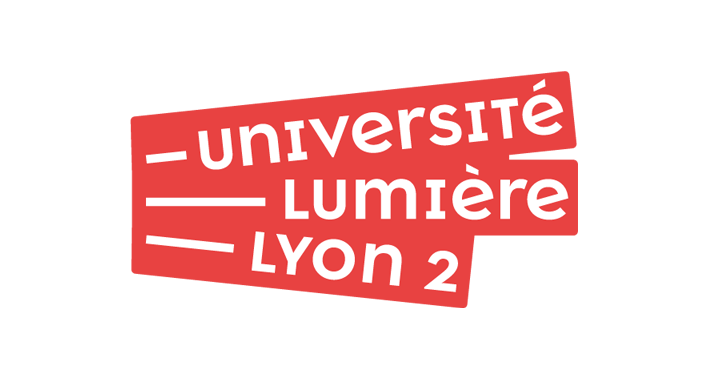au 21 décembre 2023
Mieux comprendre l'actualité européenne grâce à l'éclairage de conférencier.es invité.es lors de conférences-débats programmées dans le cadre du Programme International MINERVE et du master Études européennes et internationales, mais ouvertes à toutes et tous.
Au Programme au 1er semestre - 18h/20h
| Dates et lieux | Intervenant.es et thèmes |
Lundi 23 octobreAmphi Laprade
|
William Ranval, International Nuclear Safety at EDF - ENISS DirectorWhat is the place of nuclear in the European energy mix ? Mr Ranval holds some other positions in international fora, for instance as the EDF member of the European Utilities Requirements Steering Committee. He has built his experience in nuclear safety through diverse management and technical positions within the EDF Group for 30 years, from R&D to industrial applications. This includes experience in China, and also in the UK where he was involved in the EPR Generic Design Assessment, and the Hinkley Point C Nuclear Site License. William Ranval holds a Master degree of Mechanical and Energy Engineering from Arts et Métiers Paris Tech., which was followed by a research position in 1991-1992 in Thermodynamic System Modelling at the Lawrence Berkeley National Laboratory in the USA. |
Lundi 6 novembreAmphi Laprade |
Marguerite Arnoux-Bellavitis, PhD candidate at Paris Lodron Universität Salzburg and Università degli Studi di PalermoThe EU migration policy : solving internal challenges with external solutions |
Mercredi 22 novembreAmphi Aubrac
|
Katarzyna Dośpiał-Borysiak, PhD in Political Science, Lodz UniversityThe climate policies within the European Union. From pushers to laggards |
Mercredi 29 novembreAmphi Laprade |
Jean-François Clouzet, PhD in Law and Political ScienceThe development of a security middle management : a Swiss response at the heart of European security arrangements The sun's rays glisten on the windows of the Léman Express, which takes border commuters from both sides of the French-Swiss border to the heart of Greater Geneva. Before plunging into the underground tunnel leading from France to the centre of Geneva, members of the internal security forces of the two countries take their seats together on the train from Annemasse station: they seem to be conducting a joint check. For a brief moment, some travellers look up at these mixed teams and then peacefully fall back into reading their books or the clamour of social networks on their phones. If this daily experience of a cross-border public security action does not seem to disturb these travellers lost in the flow of their daily concerns, it could nevertheless invite them to confront the question of "who governs and organises this Franco-Swiss world of security ? Indeed, the mobility proposed by the Léman Express raises many questions about the methods of creating, producing, exercising and governing security in a border area within the Schengen area but outside the European Union. These questions are fully consistent with those posed by the Brexit, which has attracted the spotlight of the news and academic literature. With the will to take place in the heart of the debates of the critical studies of security, this communication proposes to examine how the implementation of a securitization of the Franco-Vaud-Genevan cross-border space has led to the development of a middle-management of security in the heart of this space. In contrast to any standardisation, this securitisation has given rise to various arrangements favourable to the gradual emergence of new know-how and skills in border management. This phenomenon of emergence favours intermediary actors who have developed a specific knowledge of border zone management through practices such as mixed patrols or the exchange of information based on the information systems developed by Schengen; as well as an actor, the CCPD. This study was carried out by means of action research with all the difficulties that this method presents due to the participation in the observation. As a doctoral student and head of the CEVA-Léman Express security body project, we found ourselves at the heart of a constellation of actors ranging from the politician acting as a strategist at the origin of the development of a public security policy and envisaging a related governance, to the operational technician ensuring the execution of a security policy. The actors of cross-border security cooperation found themselves in a moving environment where they interacted, according to their current state, objectives and constraints, in the construction of a specific security response for the Leman Express influencing practices at local, national and European levels |
Lundi 4 décembreAmphi Laprade |
Benjamin Moron-PuechThe emergence of intersex as a protected category in international law |
Informations pratiques
Lieu(x)





